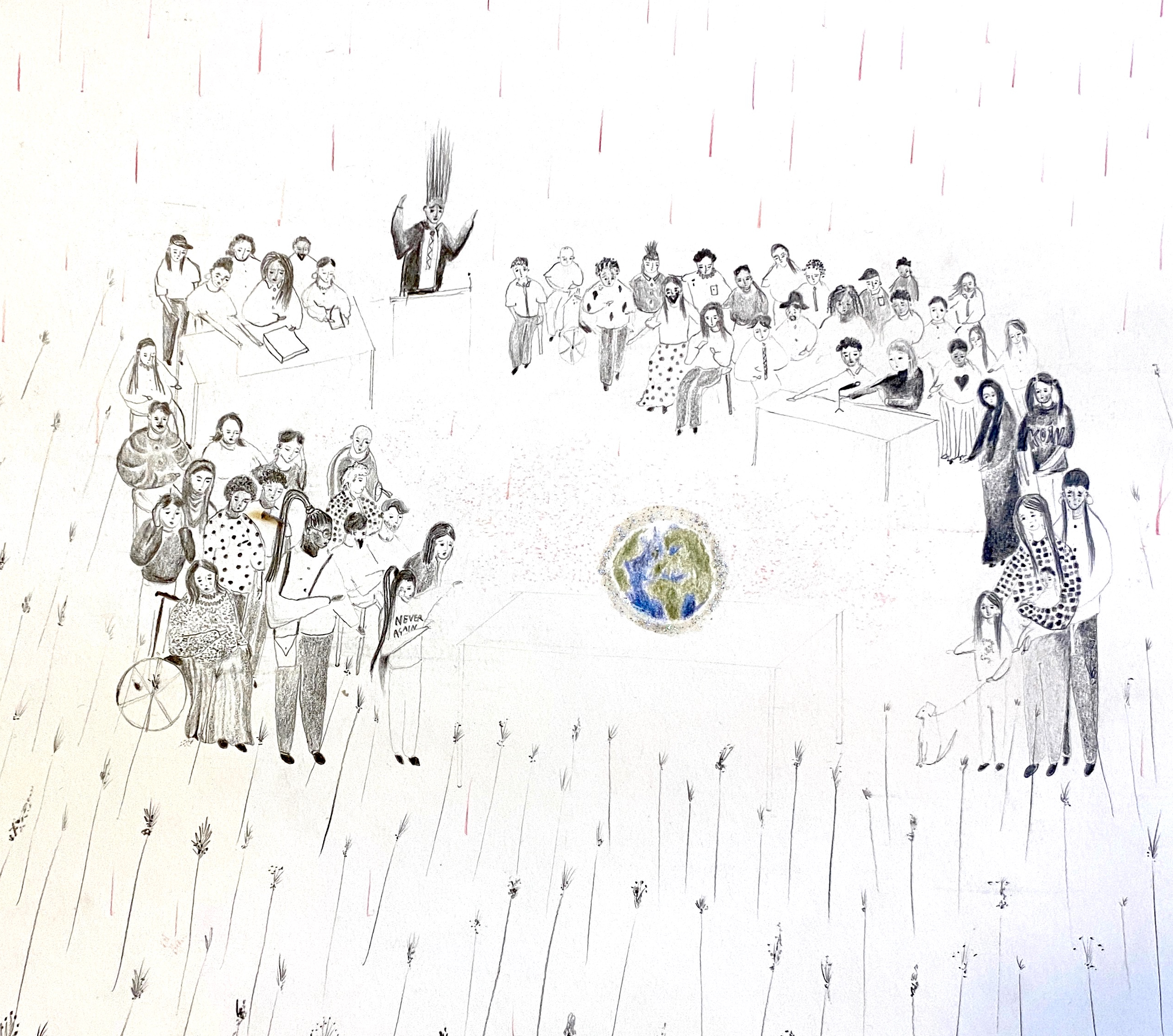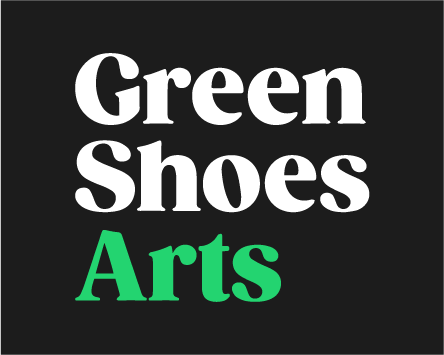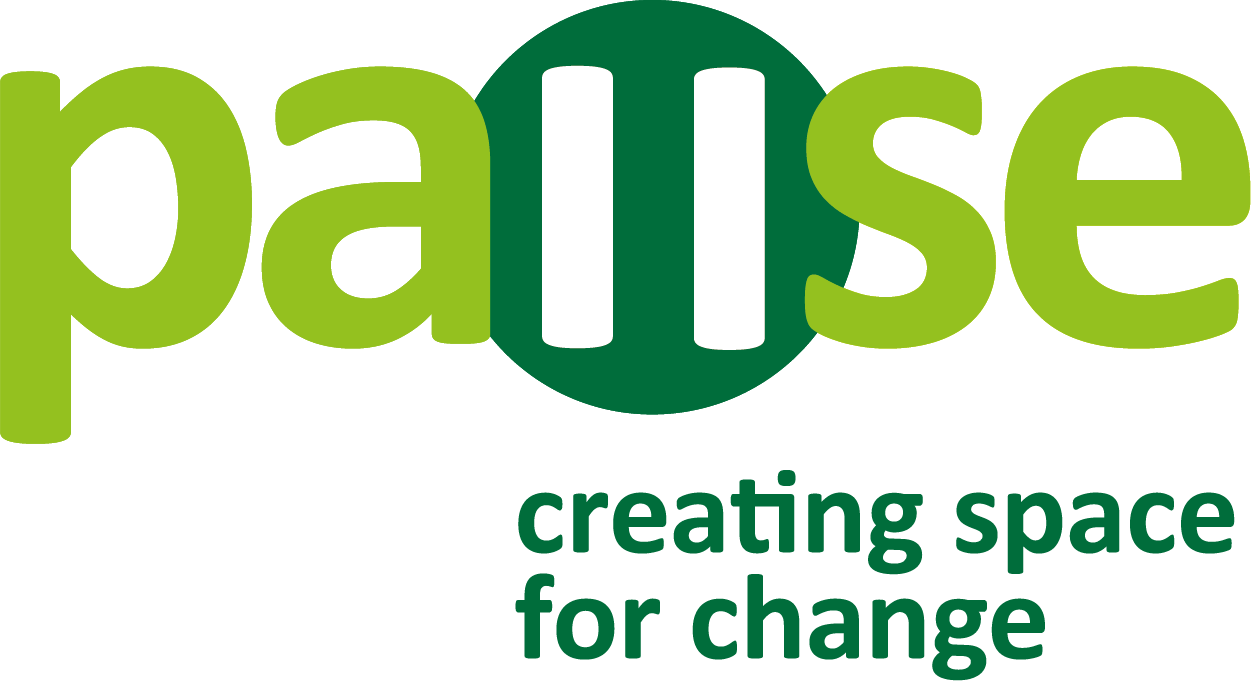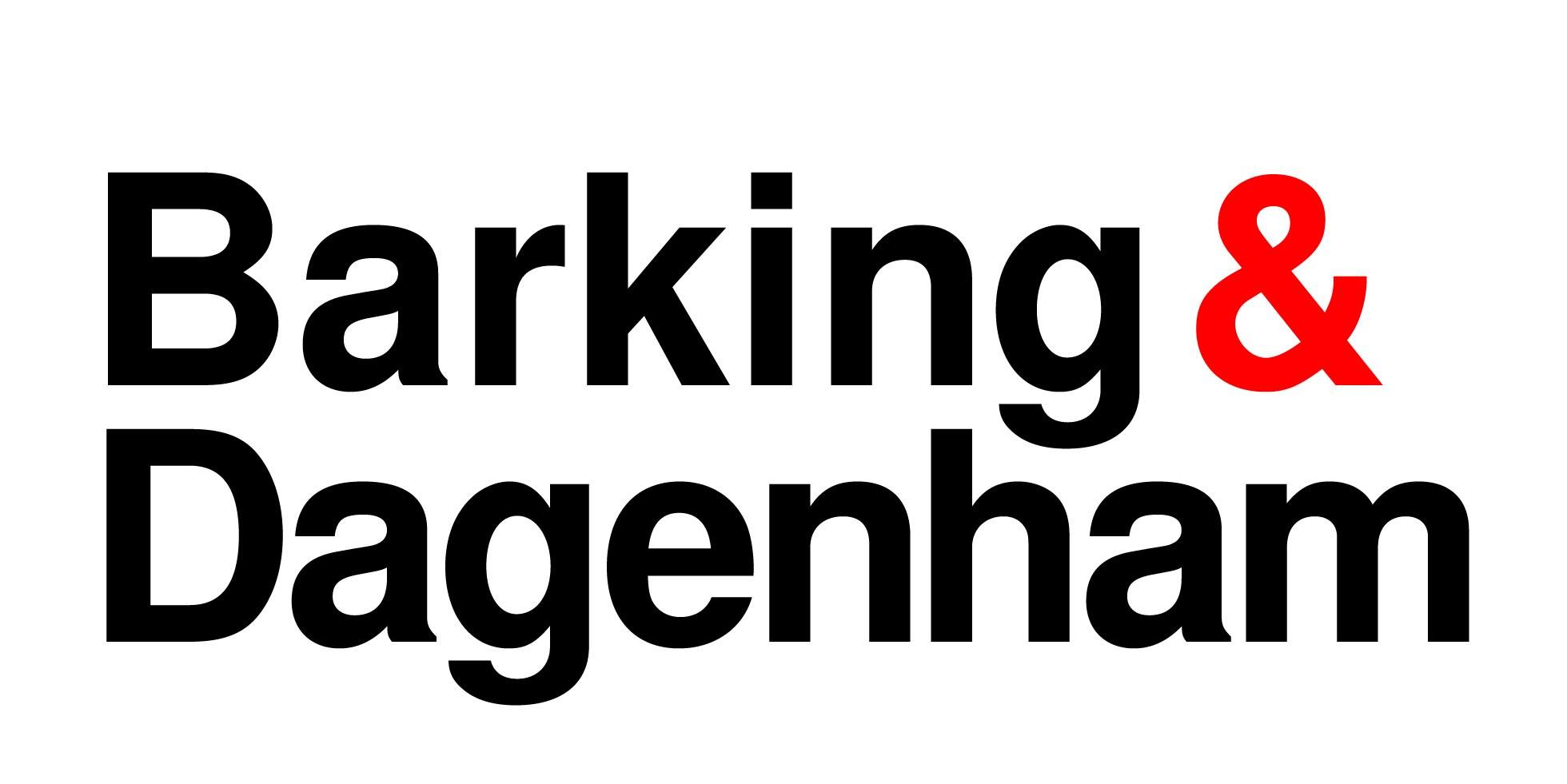2022
A three year-long project with residents of Barking and Dagenham, social care staff, carers, cultural organisations and artists.

Serpentine and New Town Culture partnered to present Radio Ballads, an exhibition showcasing a ground-breaking project that embedded artists within core social care services and community settings across the borough. For three years, four artists, Helen Cammock (Turner Prize winner 2019), Rory Pilgrim (Prix de Rome 2020), Ilona Sagar (Research in Film Award, BAFTA HQ 2018) and Sonia Boyce (representing the UK at the Venice Biennale in 2022) worked with social workers, carers, organisers and communities to produce four new films and bodies of research, as part of the New Town Culture programme. The pioneering, collaborative artworks share stories about labour and care, exploring who cares for who, and in what way.
Read reviews of the exhibitions:
Evening Standard: A show that affirms the transformative power of art.
Art Monthly: Socially engaged artworks in an east London council office and a west London royal park.
Each artist presented a new film resulting from their work in the borough in the Radio Ballads exhibition which exhibited at the Serpentine North Gallery from 31 March 2022 with and in Barking Town Hall from 2 – 17 April 2022.. The commissions were shown alongside paintings, drawings and contextual materials.
Developed and sustained throughout a period of multiple global crises, amid the compounding issues of austerity, systemic racism, ableism and the pandemic, the projects shed light on innumerable ways in which those who do the work of care are often unsupported and devalued. The exhibition centered the voices of those receiving and giving care in both formal and informal settings, sharing complex and intimate stories of living and working in the care sector today.
Radio Ballads took its name from a revolutionary series of eight radio plays that were broadcast on the BBC from 1957-64. Focussing on workers’ experiences and issues through a combination of song, music, sound effect and the voices of workers and communities, each Ballad presented lived experiences and stories of work and resistance in the UK at a time of rapid growth and change.
The exhibition is an ode to this project, positioned as songs for the 21st century which amplify voices and largely unheard experiences of domestic abuse, mental health, terminal illness, isolation, austerity and end-of-life care. Radio Ballads raises questions such as: “how can artistic processes support systemic change?”, “what resources do we need in moments of change and challenge?” and “what keeps us connected?”.
The four commissions:
Sonia Boyce, Yes I Hear You
Underpinned by a series of interviews that trace experiences of domestic abuse and recorded through a partnership with Barking and Dagenham’s Domestic Abuse commission which was set up in response to the Borough having the highest reported rates of domestic abuse in the UK. The work carefully reflects on complex issues including relationship dynamics, trauma, accountability and systems that perpetrate harm.
Helen Cammock, Flat Lines and Bass Notes: The Voice as a Site of Resistance. The Body as a Site of Resistance
This project explored individual and collective power, asking viewers to consider where we sit within the social and political spaces we inhabit. It was a conversation between social care staff and an organisation called Pause, who work holistically with those affected by the social care system and the removal of children, to consider how we use our voice and bodies to find resistance and resilience to navigate our lives.
Rory Pilgrim, RAFTS
Taking inspiration from a raft as a preserver of life whilst also being the most fragile vehicle of survival at sea or upon open water, Pilgrim’s commission explored connections between work, mental health, home and care in a time of crises, particularly the climate crisis, and the ongoing recovery needed. With the climate crisis threatening increased displacement, homelessness and our support structures, the project explored ideas around interdependence and what keeps us afloat with collaborators from Green Shoes Arts, Barking and Dagenham Youth Dance, and Project Wellbeing in Idaho.
Ilona Sagar, The Body Blow
This project explored the difficult, and until recently, untold legacies of asbestos that is central to the history of work in the area. The piece explored the impact of asbestos-related issues and the legal and labour frameworks associated in the history, present and future of the industry. Working with London Asbestos Support Awareness Group, campaigners, social workers, end of life carers, lawyers and those with lived experience of asbestos related health conditions, the work focused on ideas around risk, care and the body and the relationship between them.
Petra Prince, Pause Practitioner, Family Support and Safeguarding, London Borough of Barking and Dagenham “I work with women through the organisation Pause. We support women in Barking and Dagenham who have been separated from their children through statutory safeguarding. Our women have stories which are often not told. Many are themselves vulnerable and have been victims of abuse. Through new Town Culture I have been able to access training around creative approaches to supporting our women and through Radio Ballads we have connected with the work of artist Helen Cammock whose important work explores issues around resistance and resilience in social care.”
Councillor Maureen Worby, Cabinet Member for Social Care and Health Integration “New Town Culture breaks new ground in research, training and policy development. It works with artists and local groups to transfer the learning and best practice that come from creative practice into tools that social care professionals can use to work with some of the most vulnerable members of our community. Radio Ballads has led on this groundbreaking work in adult social care in our borough by commissioning artists to collaborate with our staff and service users. Radio Ballads shows what is possible when artists and social care staff work together to improve outcomes for our residents.”







